The Greatest Allied Generals Of WWII
World War II was a crucible of conflict that forged some of the most remarkable military leaders in history. These generals and field marshals were not only brilliant tacticians but also charismatic leaders who inspired their troops in the darkest of times. As we delve into their stories, we celebrate the strategic minds that shaped the course of history, leading their nations through one of the most challenging periods the world has ever faced. Their legacies continue to influence military strategy and leadership today.
The Importance of Leadership in Wartime
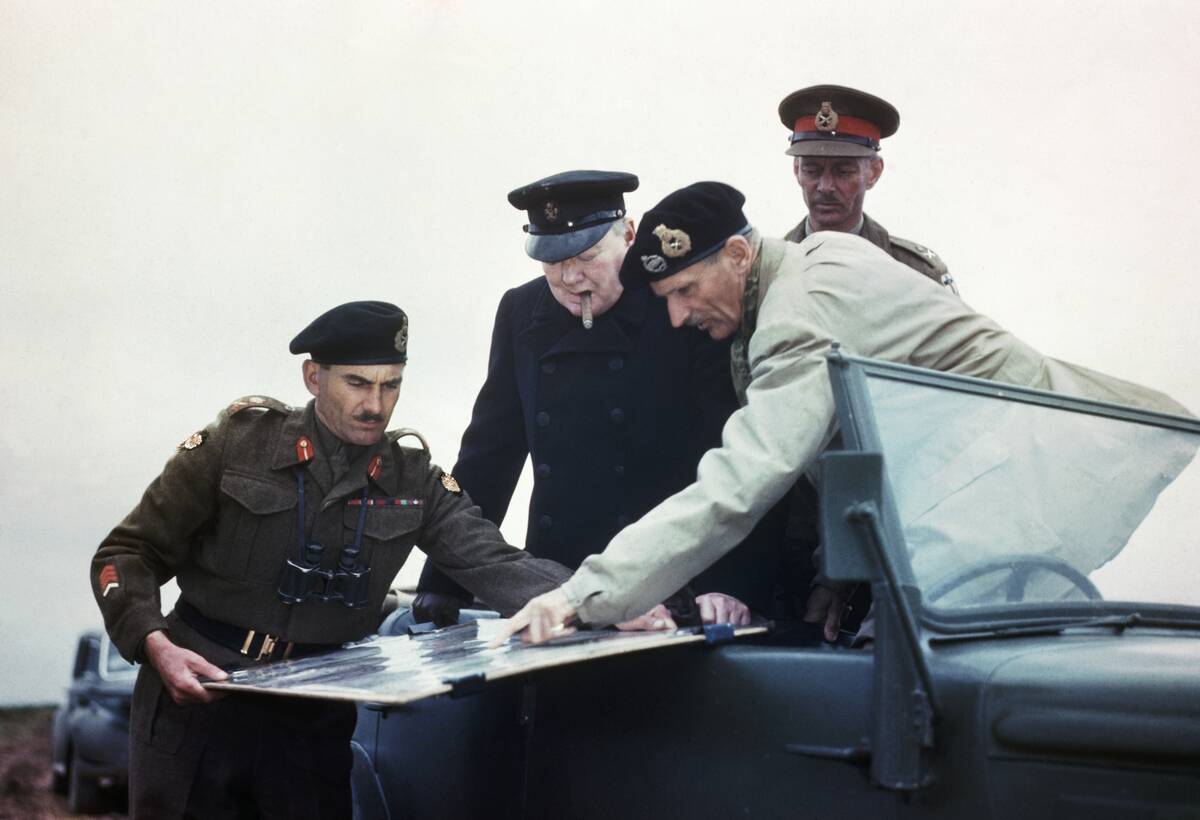
Leadership in wartime is a delicate balance of strategy, courage, and empathy. The ability to make quick decisions under pressure can mean the difference between victory and defeat. Effective leaders not only strategize but also motivate their troops, maintaining morale even when the odds are stacked against them. In World War II, the leaders we remember were those who managed to inspire their men while steering their countries towards strategic objectives with precision and determination.
General Dwight D. Eisenhower: The Supreme Commander
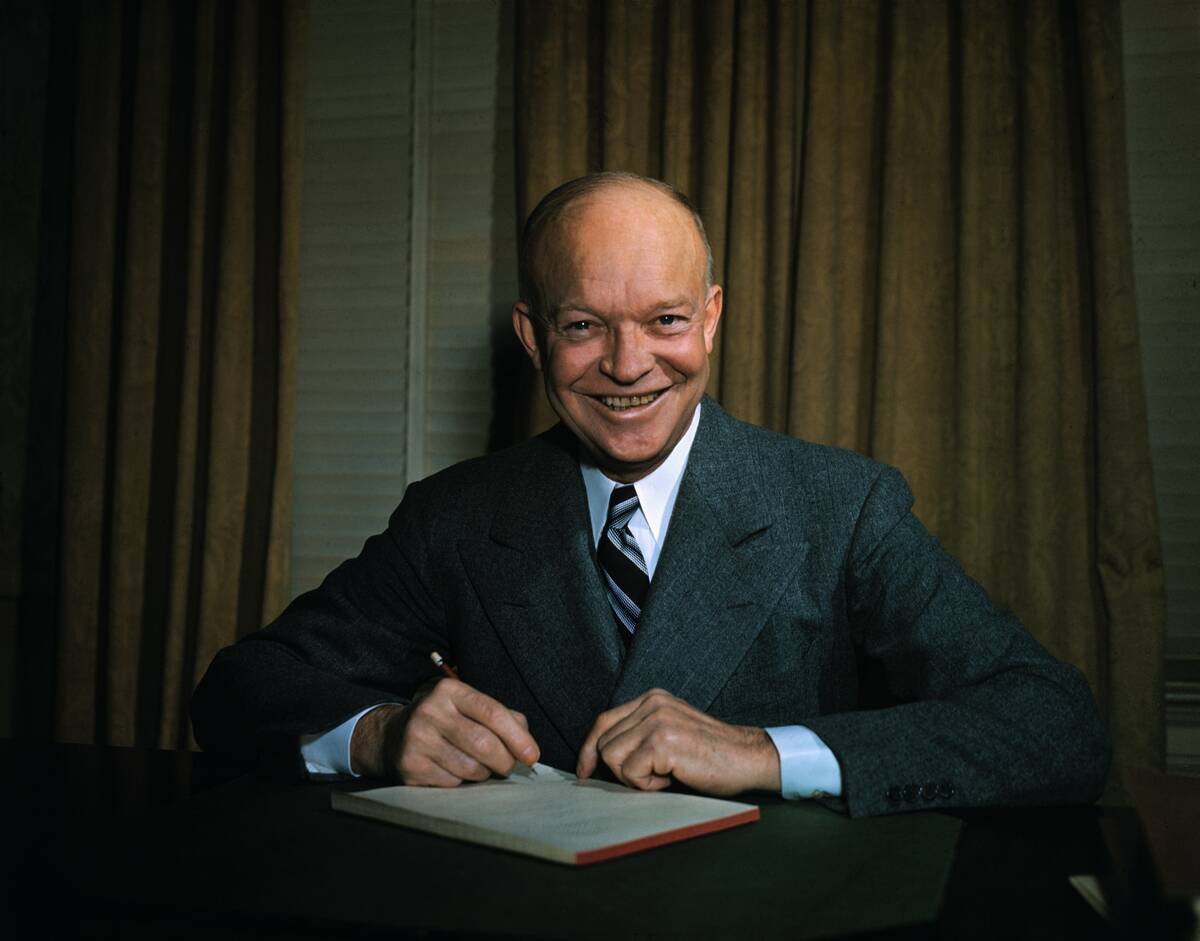
General Dwight D. Eisenhower was a man of calm composure and exceptional organizational skills. As the Supreme Commander of the Allied Expeditionary Force, he was instrumental in planning and executing Operation Overlord, the Allied invasion of Normandy. His ability to unify the diverse Allied forces under a single strategic vision was crucial to the success of D-Day. Eisenhower’s leadership extended beyond the battlefield, as he later became the 34th President of the United States, demonstrating his enduring impact on both military and political spheres.
General Bernard Montgomery: The Master of Battlefield Tactics
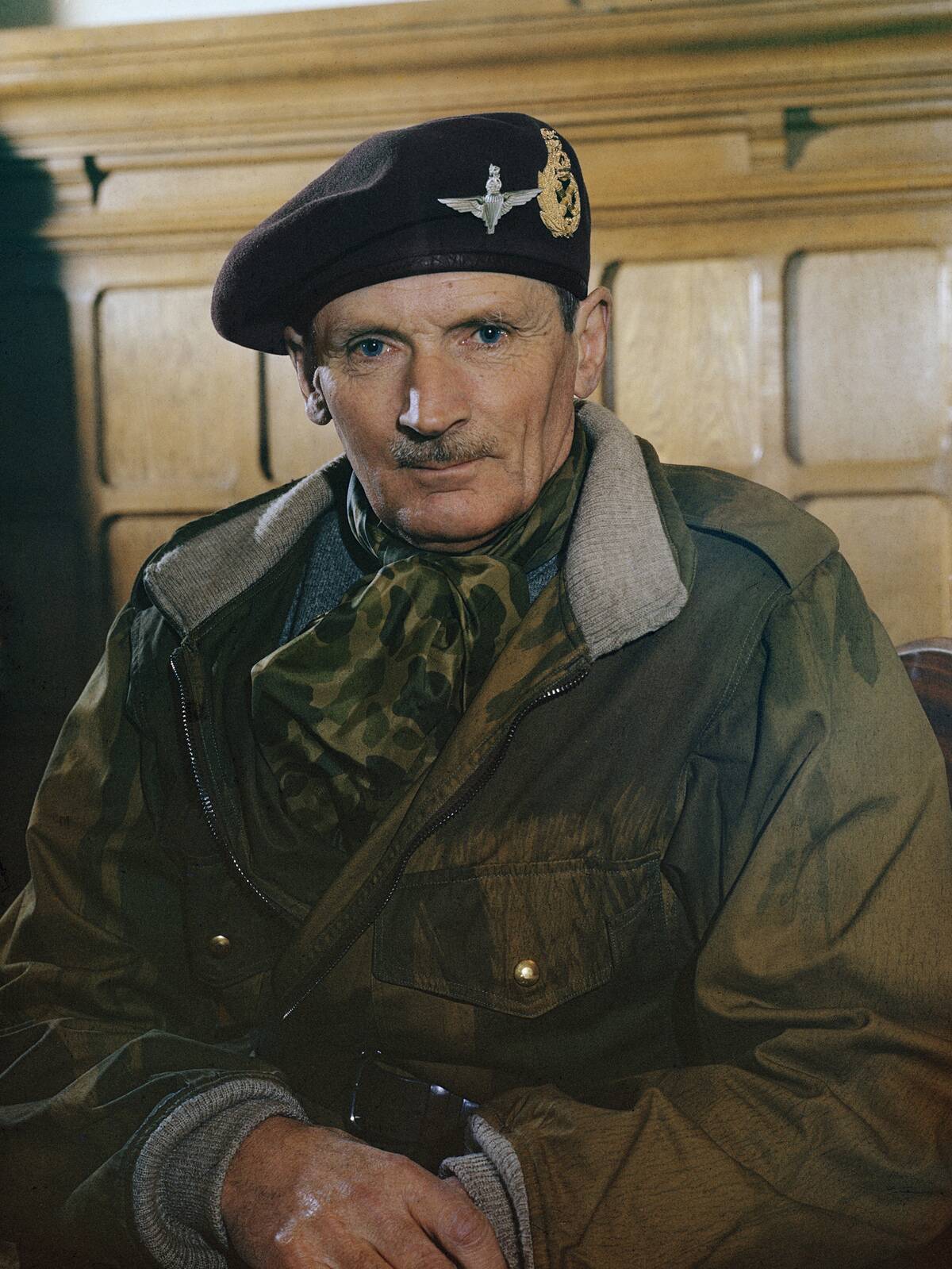
General Bernard Montgomery, often known simply as ‘Monty,’ was a British Army officer renowned for his meticulous planning and precise execution. His leadership during the Battle of El Alamein was pivotal, marking a turning point in the North African campaign. Montgomery’s emphasis on thorough preparation and morale-boosting made him a favorite among his troops. His sometimes controversial personality didn’t detract from his ability to secure victories, making him one of Britain’s most celebrated wartime leaders.
General George S. Patton: The Bold and Audacious Leader
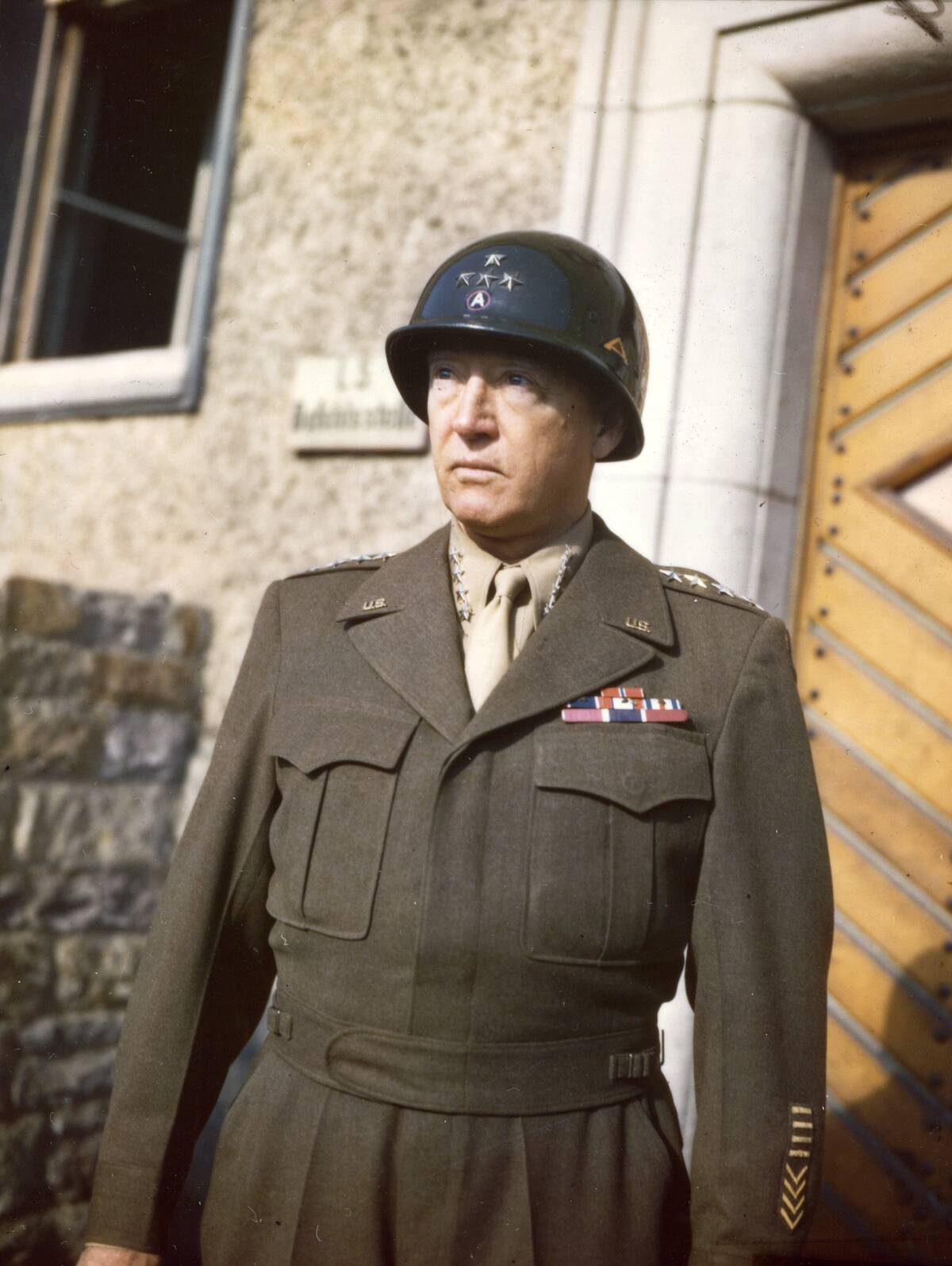
General George S. Patton was known for his aggressive tactics and larger-than-life persona. His leadership during the Battle of the Bulge exemplified his bold approach, as he quickly mobilized the Third Army to relieve besieged American forces in Bastogne. Patton was a firm believer in rapid, offensive operations, often saying, “A good plan violently executed now is better than a perfect plan executed next week.” His colorful language and flamboyant style were matched by his ability to achieve decisive victories.
Marshal Georgy Zhukov: The Soviet Juggernaut
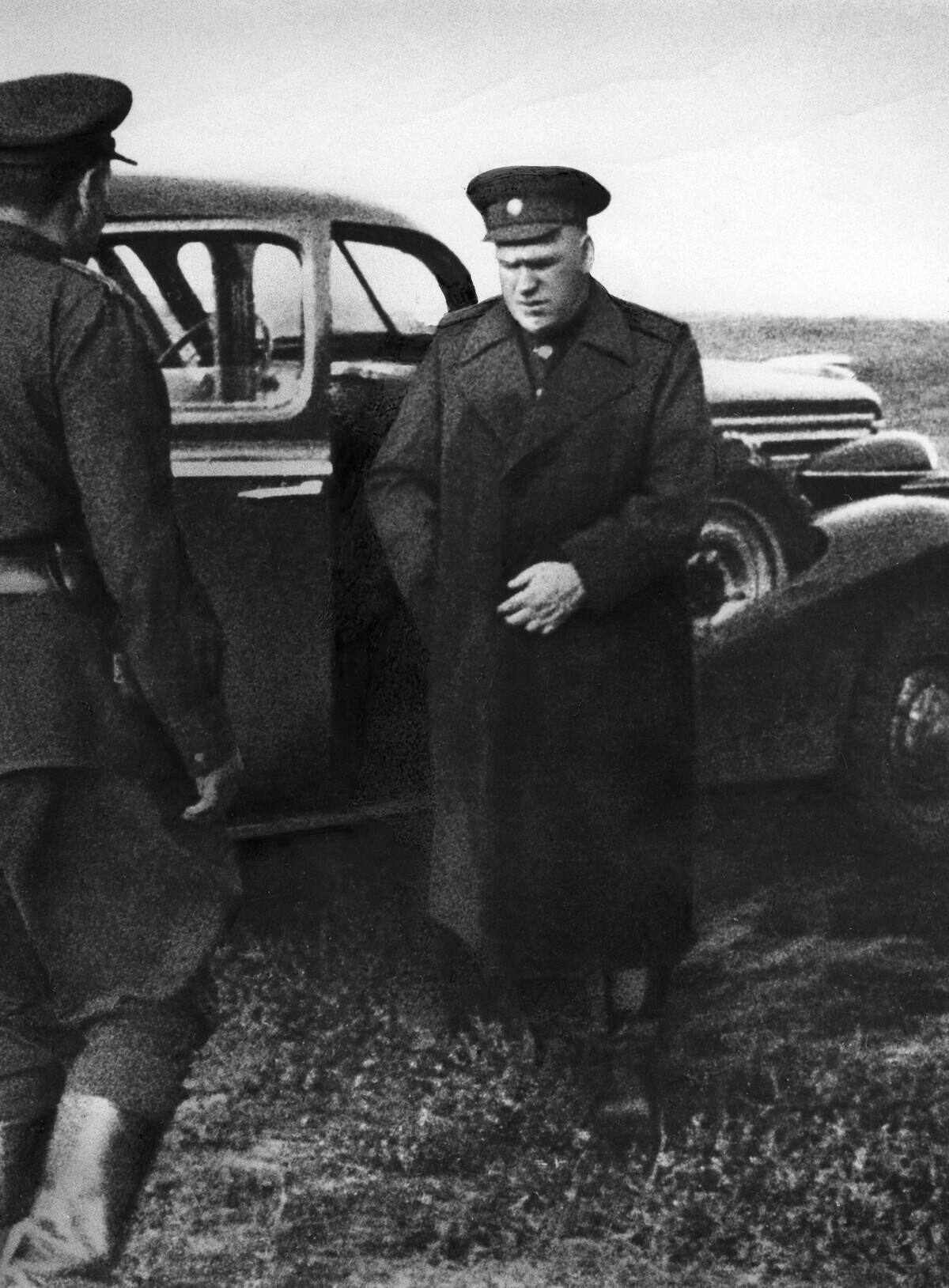
Marshal Georgy Zhukov was a key figure in the Soviet Union’s military success during World War II. His leadership during the Battle of Stalingrad was instrumental in turning the tide against the Axis powers on the Eastern Front. Known for his strategic acumen and resilience, Zhukov played a pivotal role in the Soviet counteroffensive that ultimately led to the capture of Berlin. His contributions to the Soviet war effort cemented his reputation as one of the greatest military leaders of the 20th century.
General Douglas MacArthur: The Pacific Theater Icon
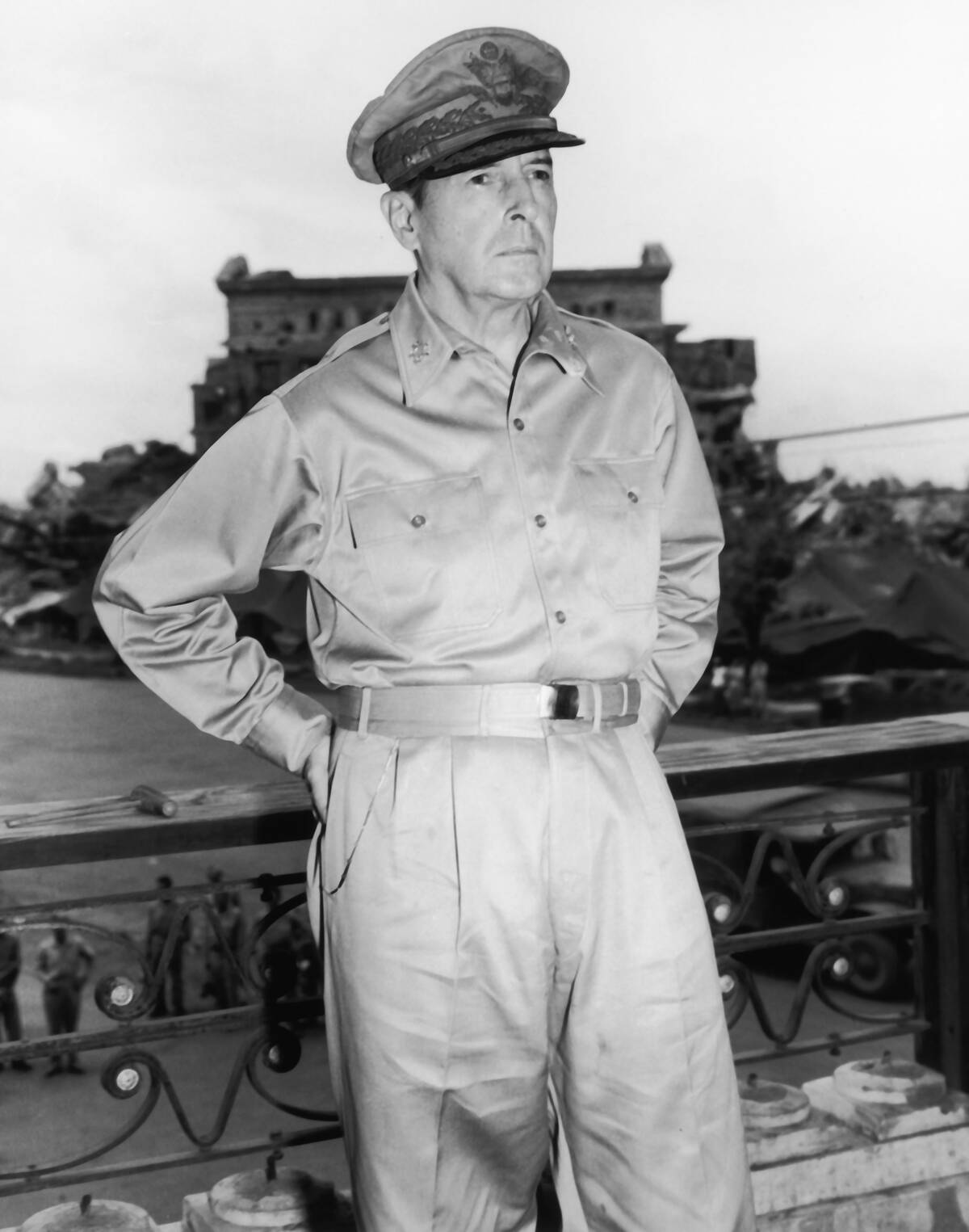
General Douglas MacArthur was a towering figure in the Pacific Theater, known for his strategic brilliance and charismatic leadership. His famous promise, “I shall return,” became a rallying cry for Allied forces in the Pacific. MacArthur’s island-hopping strategy was key to regaining control of territories occupied by Japanese forces. Following the war, he oversaw the occupation of Japan and helped lay the foundation for its post-war recovery, highlighting his influence both during and after the conflict.
Field Marshal Alan Brooke: The Strategic Visionary
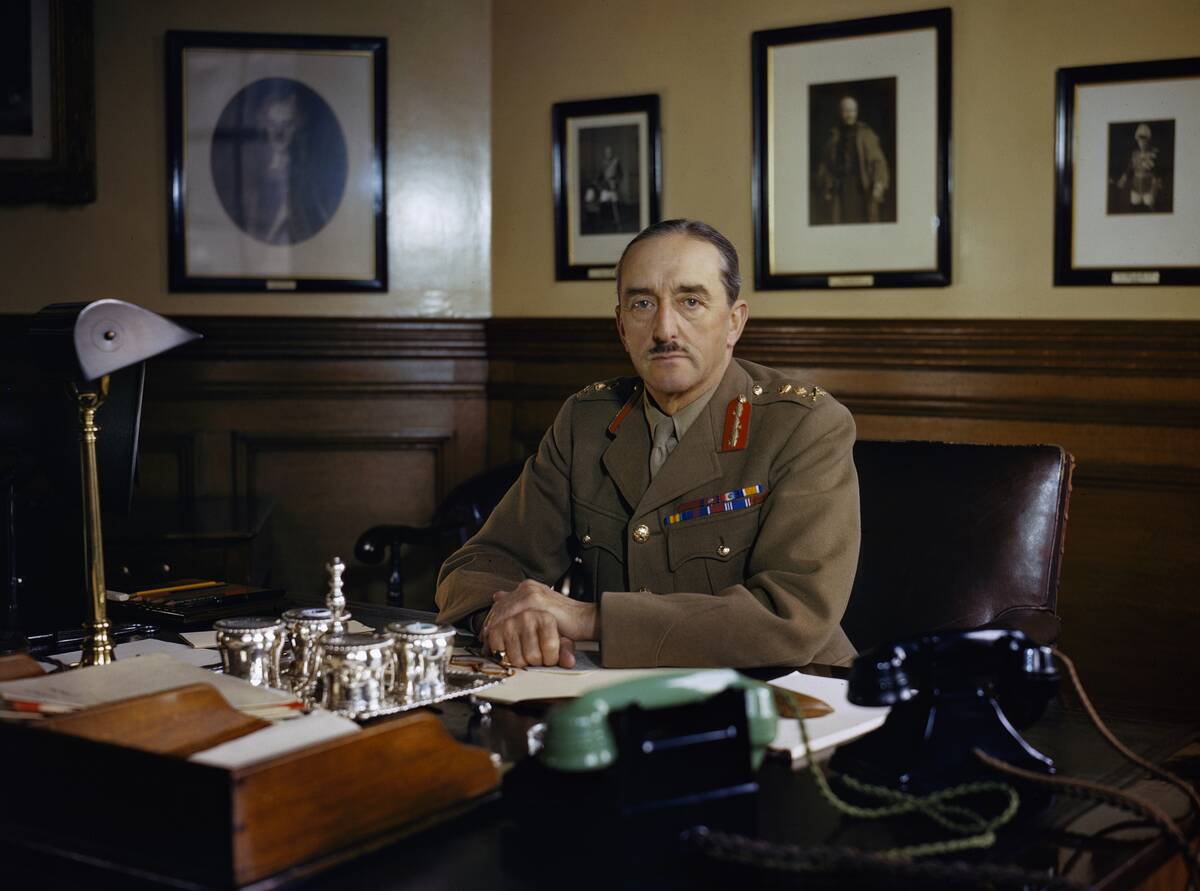
Field Marshal Alan Brooke, Chief of the Imperial General Staff, was a strategic visionary whose influence extended across the entire war effort. His ability to coordinate the British Army’s operations on multiple fronts was crucial to the Allies’ success. Brooke was a key advisor to Prime Minister Winston Churchill, often providing the strategic insight necessary to make difficult decisions. His behind-the-scenes leadership ensured that British military operations were grounded in solid strategic planning.
General Omar Bradley: The G.I.’s General
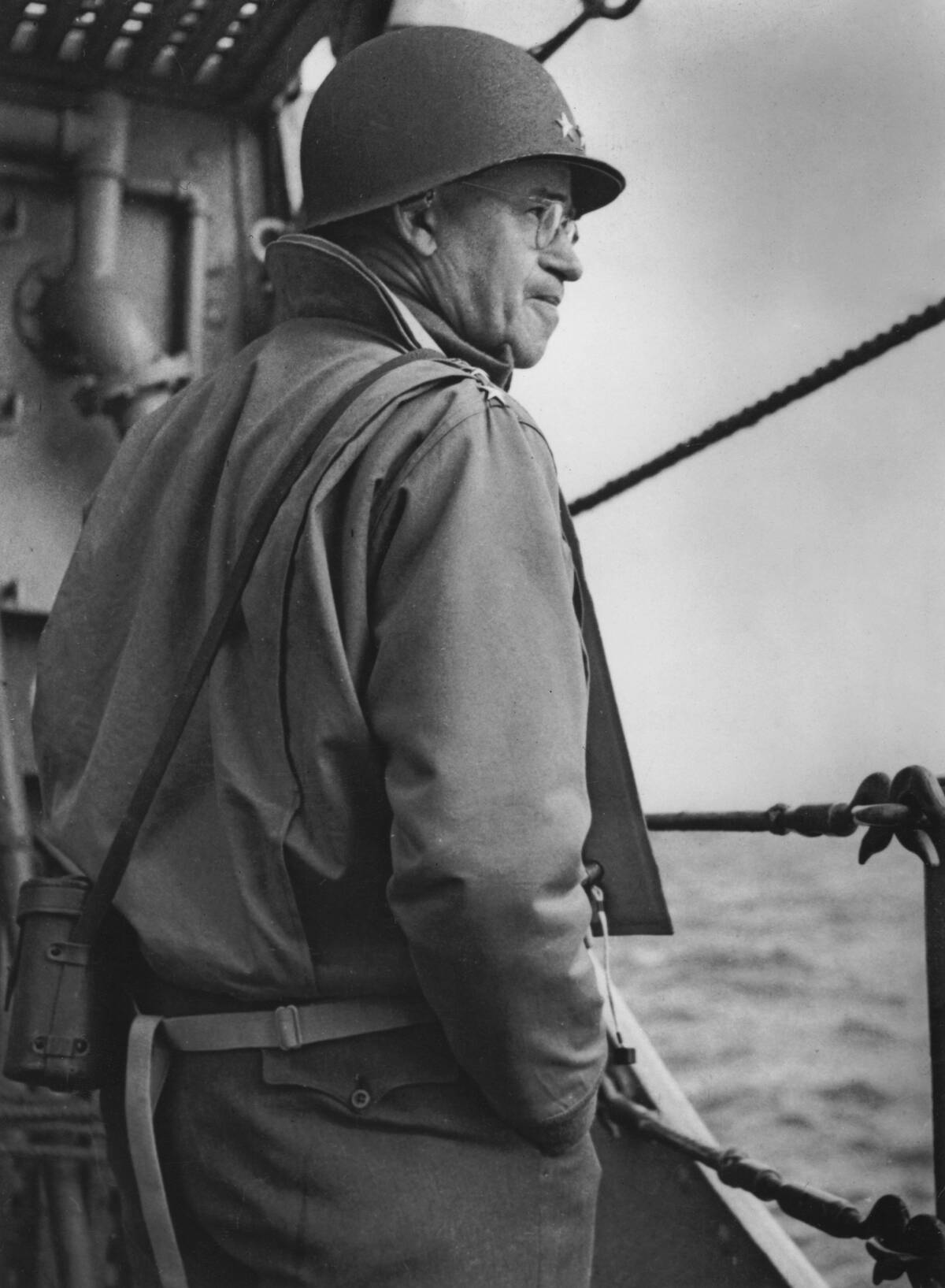
General Omar Bradley was known as the ‘G.I.’s General’ for his approachable nature and concern for the welfare of his soldiers. As commander of the 12th Army Group, he led more than a million men during the invasion of Europe, making it the largest American force ever commanded by a single general. Bradley’s emphasis on careful planning and minimizing casualties earned him the respect and admiration of his troops, contributing significantly to the Allied victory in Europe.
Field Marshal Sir Harold Alexander: The Italian Campaign Expert
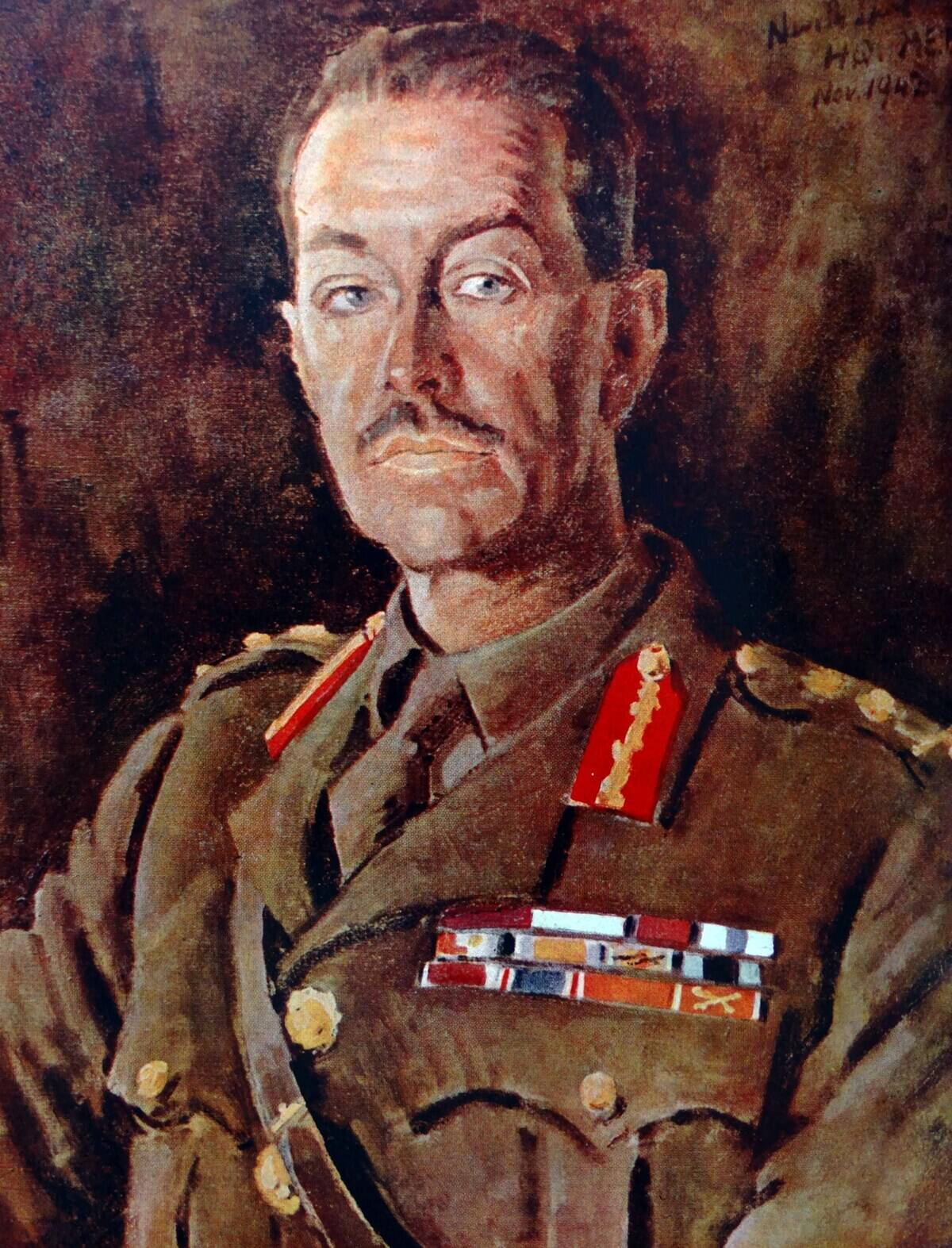
Field Marshal Sir Harold Alexander played a pivotal role in the Italian Campaign, demonstrating his expertise in directing complex operations across challenging terrain. His leadership in the successful capture of Rome was a significant milestone for the Allies. Alexander’s calm demeanor and ability to adapt to rapidly changing situations were key factors in overcoming the difficulties presented by the mountainous Italian landscape. His contributions were crucial in maintaining momentum as the Allies pushed north through Italy.
General Charles de Gaulle: The Face of Free France
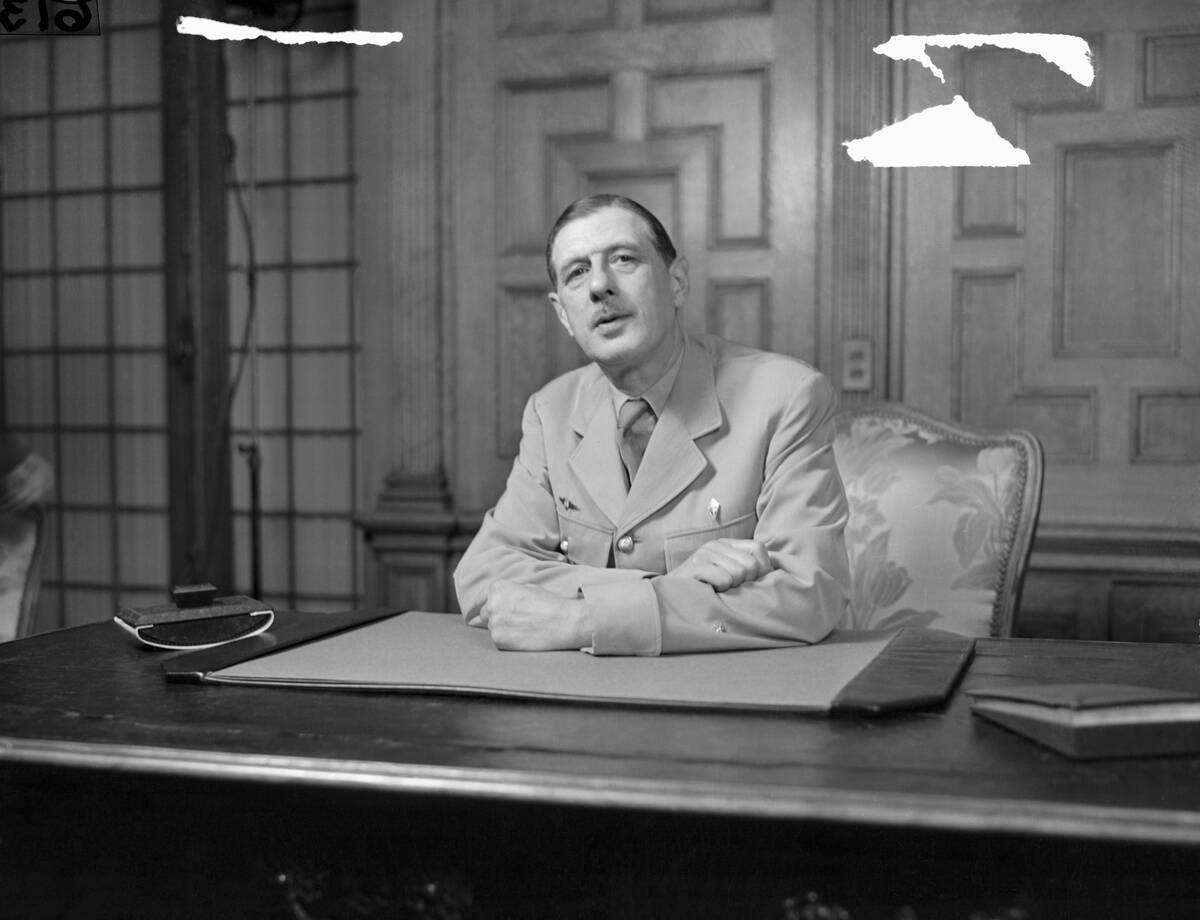
General Charles de Gaulle emerged as the emblematic leader of Free France, rallying his compatriots to continue the fight against Axis occupation. From London, he led the French Resistance and worked tirelessly to ensure France’s voice was heard among the Allies. De Gaulle’s determination and vision for a liberated France helped restore national pride and laid the groundwork for post-war recovery. His leadership was instrumental in reinvigorating French morale and ensuring France’s place at the victory table.
Field Marshal Sir Bernard Freyberg: The New Zealand Hero
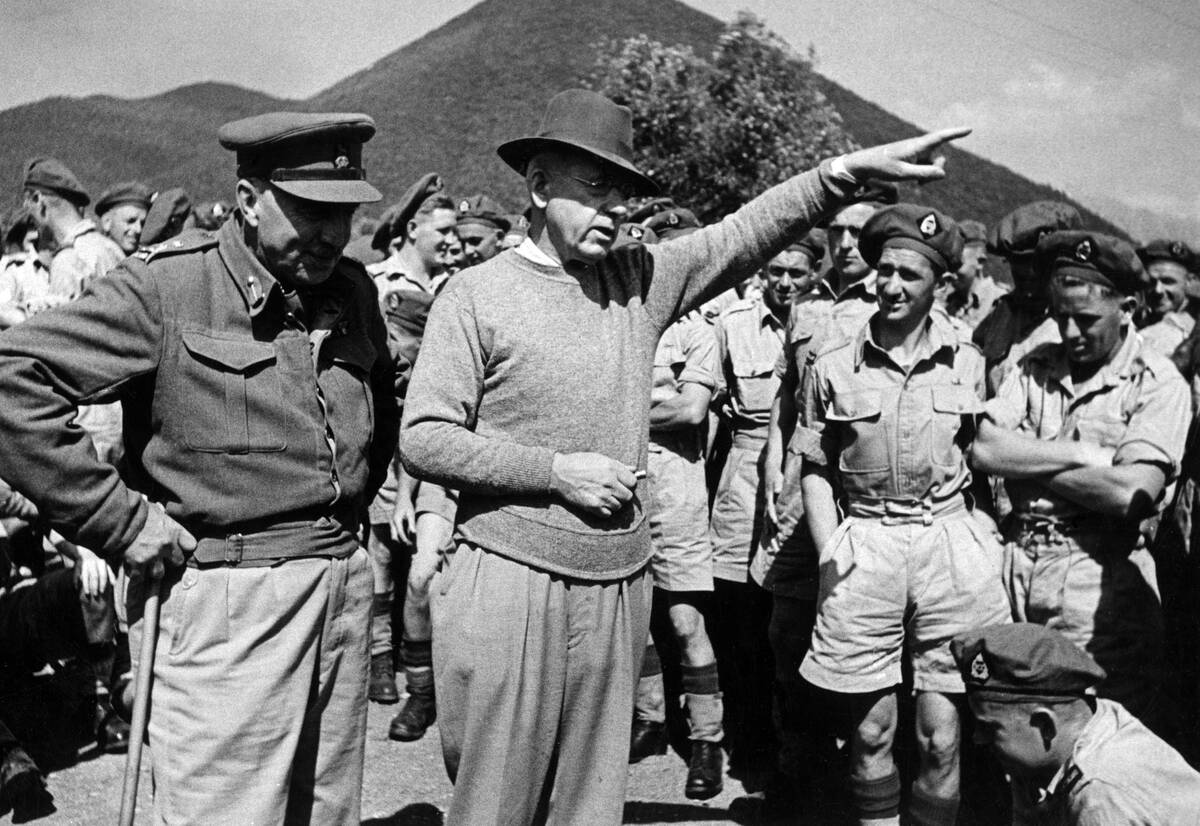
Field Marshal Sir Bernard Freyberg was a distinguished New Zealand military leader whose contributions were vital in several key battles, including the Battle of Crete. Known for his bravery and tactical skill, Freyberg’s leadership was instrumental in the North African and Italian campaigns. His ability to inspire his troops and his strategic insight earned him a reputation as one of New Zealand’s most revered military figures. Freyberg’s legacy as a leader extends beyond his military achievements, symbolizing the commitment and courage of New Zealand’s armed forces.
General Carl Gustaf Emil Mannerheim: The Finnish Defender
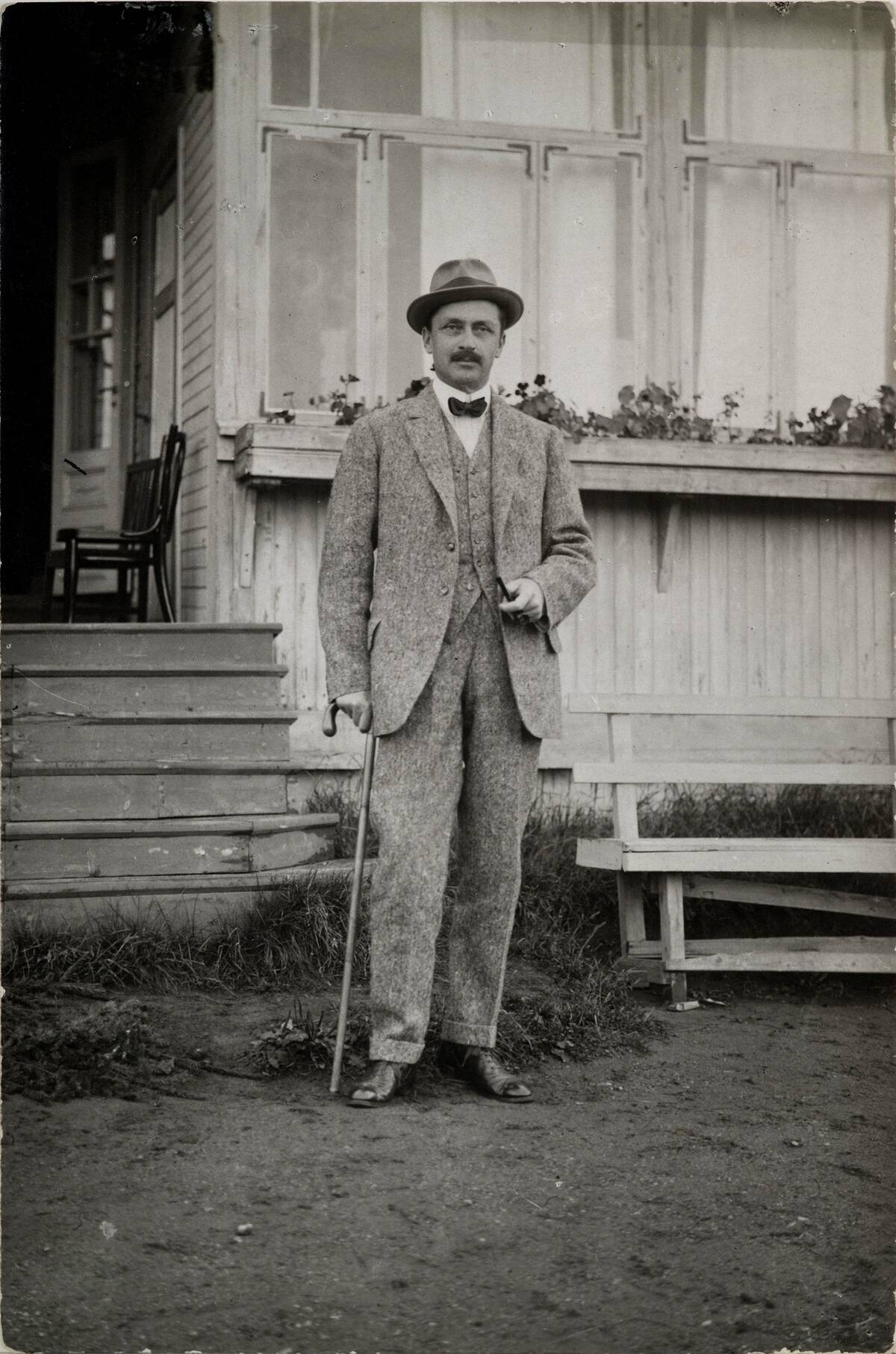
General Carl Gustaf Emil Mannerheim was a pivotal figure in Finland’s defense against the Soviet Union during the Winter War and the Continuation War. His strategic acumen and leadership helped secure Finland’s borders and maintain its independence during tumultuous times. Mannerheim’s ability to rally Finnish forces against a much larger adversary was a testament to his military prowess. His leadership not only safeguarded Finland’s sovereignty but also elevated him to the status of a national hero.
General Wei Lihuang: The Chinese Strategic Mind
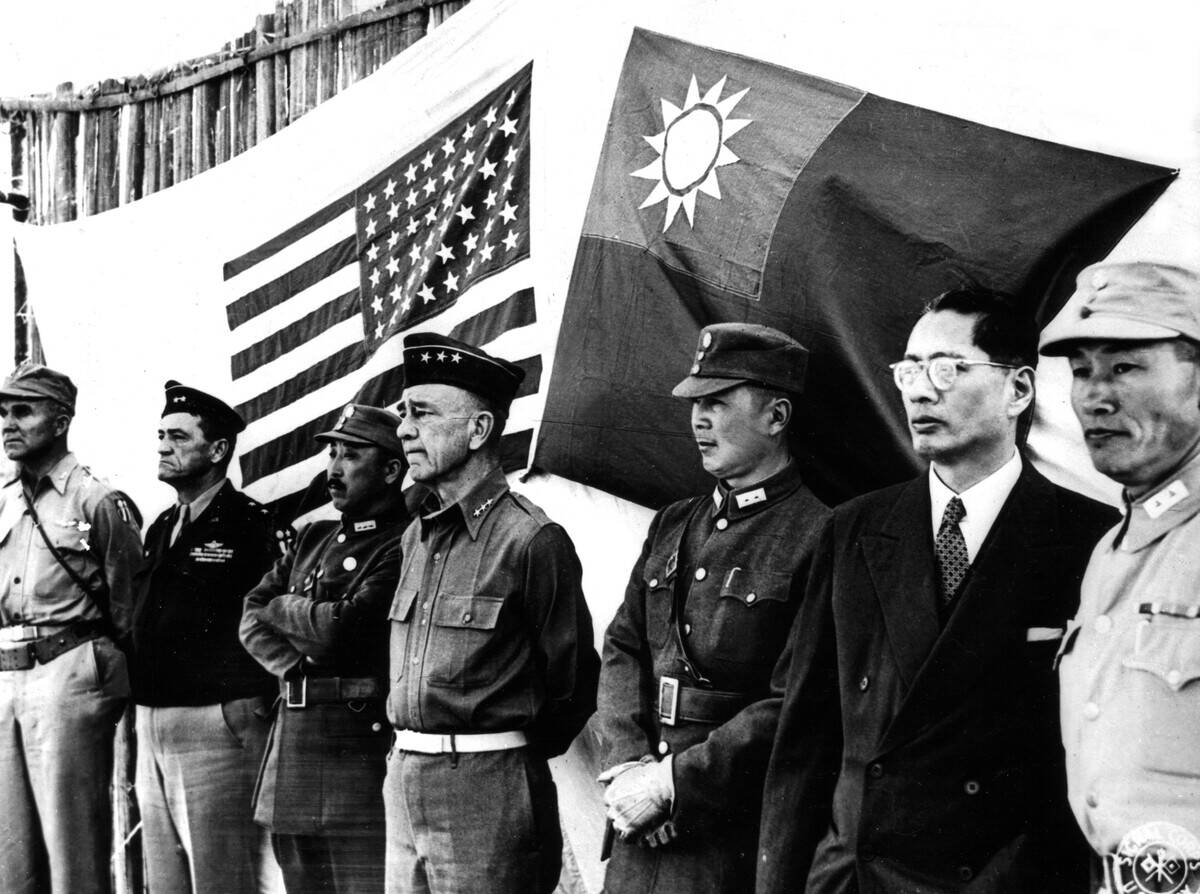
General Wei Lihuang was a prominent figure in China’s resistance against Japanese invasion during the Second Sino-Japanese War. Known for his strategic ingenuity, Wei played a crucial role in several key battles, including the defense of Kunming. His leadership was instrumental in coordinating Chinese efforts with Allied forces, showcasing his ability to adapt and strategize in the face of overwhelming odds. Wei’s contributions were vital in maintaining Chinese resistance and ensuring continued support from Allied nations.
The Lasting Legacy of WWII’s Greatest Generals
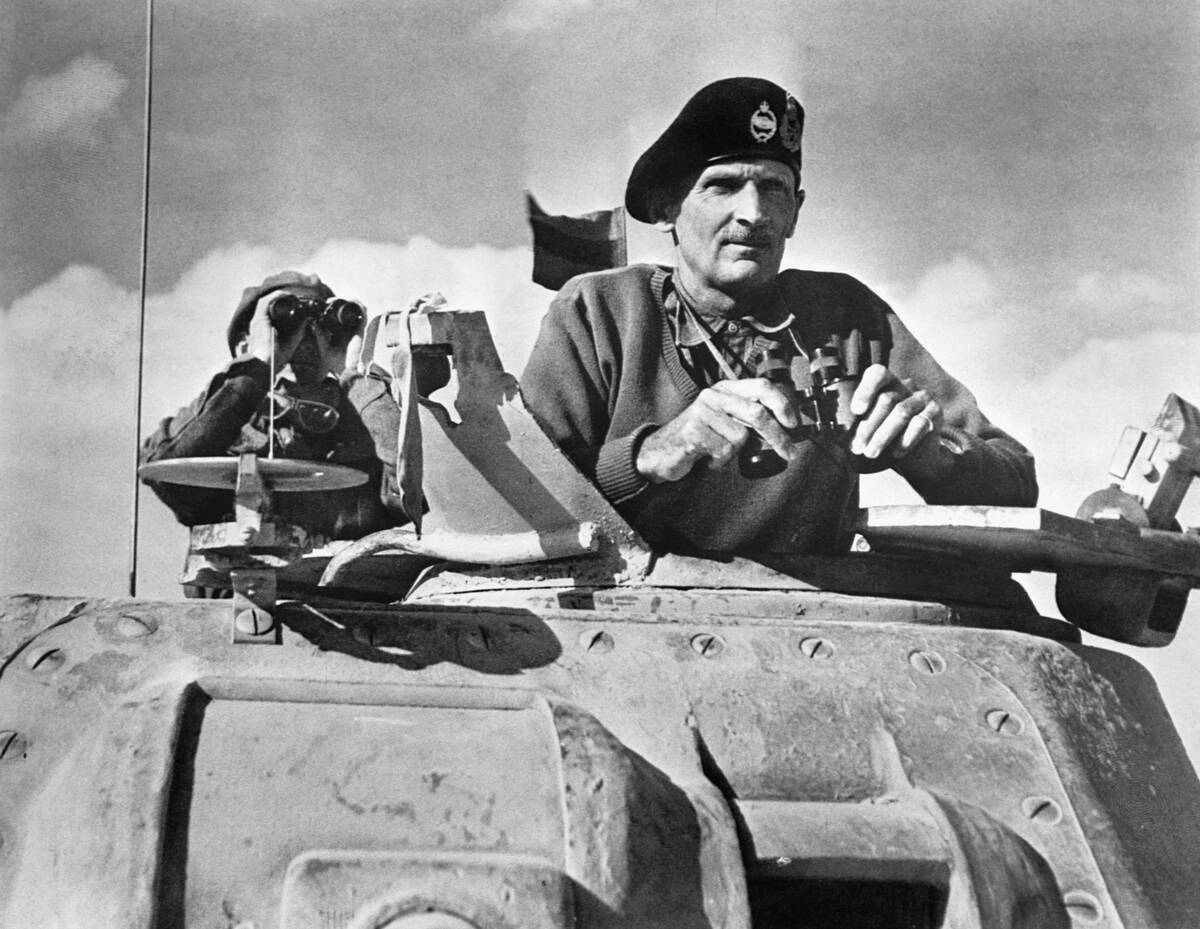
The legacy of World War II’s greatest generals extends far beyond their battlefield achievements. These leaders not only shaped the outcome of the war but also influenced military strategy and leadership principles that continue to resonate today. Their stories are a testament to the power of strategic thinking, courage, and the unwavering commitment to their countries. As we reflect on their contributions, we are reminded of the enduring impact these generals have had on history and the world we live in today.



